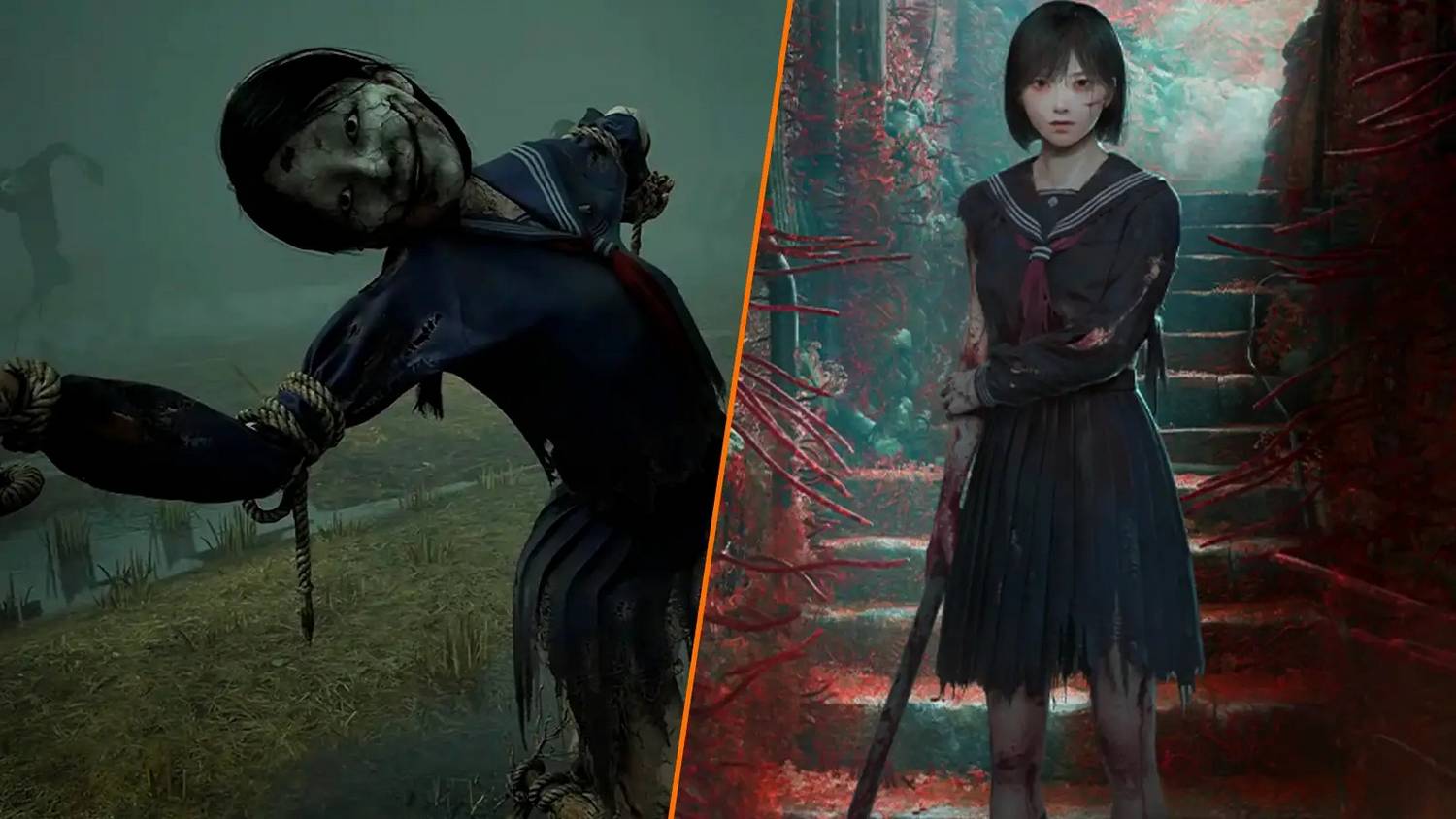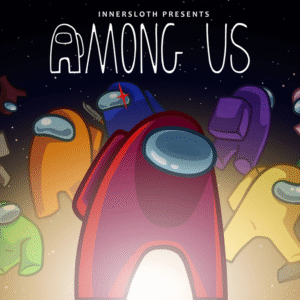An Unforced Error: Silent Hill F Deluxe Content Mistakenly Granted to Standard Edition Players on Steam
Popular Now
 Roblox
Roblox
 Grand Theft Auto V
Grand Theft Auto V
 FIFA 23
FIFA 23
 R.E.P.O
R.E.P.O
 League of Legends
League of Legends
 Rust
Rust
 Among Us
Among Us
 Schedule I
Schedule I
 EA SPORT FC 25
EA SPORT FC 25
 Black Myth: Wukong
Black Myth: Wukong

The launch of Silent Hill f, the latest mainline entry in the iconic survival horror franchise from Konami, has been overshadowed by a significant distribution error. A post-launch technical glitch on the Steam platform mistakenly granted standard edition purchasers access to valuable in-game items and digital bonuses intended exclusively for customers who bought the pricier Digital Deluxe Edition or were eligible for pre-order content.
The affected content, which has a tangible monetary value and is a key incentive for higher-tier purchases, reportedly includes exclusive cosmetic items such as the Pink Rabbit costume for protagonist Hinako and the White Sailor School Uniform, an Omamori accessory, and a starting Item Pack containing Shriveled Abura-age, Divine Water, and a First Aid Kit. Crucially, access to the digital artbook and digital soundtrack, premium components of the Deluxe Edition, was also granted to some users who did not pay for them.
This technical oversight quickly became a point of contention within the gaming community, as players who received the unintended free bonuses celebrated their stroke of luck, while those who paid extra for the Deluxe Edition questioned the value of their purchase. The situation has intensified the debate around the practice of locking cosmetic and minor utility items behind expensive Deluxe Editions and pre-order incentives.
 The Great Konami Giveaway Reversal Sparks Community Backlash
The Great Konami Giveaway Reversal Sparks Community Backlash
Rather than adopting a goodwill approach by allowing players to keep the accidentally distributed items, which are non-essential to the core gameplay experience, Konami announced its intention to rectify the mistake. A statement released on the official Silent Hill social media account confirmed that the publisher was “investigating an issue on the Steam version of SILENT HILL f where bonus and pre-order content not included in the purchased edition is temporarily accessible,” and that a corrective patch was “scheduled to be released soon.”
This decision to actively revoke the mistakenly gifted items has triggered widespread backlash from the community. Fans, already vocal about existing technical issues—particularly concerning PC performance and optimization—feel that the publisher is prioritizing the preservation of its micro-economy over addressing more critical, game-breaking concerns. The optics of dedicating developer resources to “taking back” a few digital cosmetics and minor starting items, while significant performance patches are still awaited, has been labeled as another example of poor customer relations from a company historically criticized for its treatment of beloved franchises.
- Undermining Premium Sales: Allowing the retention of the content would have devalued the higher-priced Deluxe Edition, forcing Konami to prioritize their ARPU (Average Revenue Per User) and the expected sales from these premium bundles.
- Developer Priority Debate: The community widely criticized the focus on fixing an entitlement glitch instead of deploying essential game optimization and stability fixes for the survival horror title.
- A History of Controversy: This incident adds to a series of past controversies for Konami, further fueling a narrative of prioritizing short-term DLC revenue over building long-term goodwill with its dedicated fanbase.
A Broader Industry Context for Digital Entitlements
The Konami situation is not isolated; it highlights the precarious nature of digital entitlement in modern gaming. In an industry where pre-order bonuses and multiple special editions—often costing $10 to $20 more than the base game—are commonplace, publishers are fiercely protective of the perceived value of this extra content. The risk of setting a precedent by giving away premium items is seen as a direct threat to future DLC and edition upgrade sales, a key component of the overall game revenue model.
While players who paid for the Deluxe Edition would be justified in feeling slighted if their exclusives were freely available, the overwhelming response from the wider player base suggests a preference for a gesture of good faith from Konami. Instead, the forthcoming patch will serve as a digital retraction, reminding standard edition players of the content they did not pay for and cannot keep. For a franchise attempting a major comeback, this decision may be a calculated business strategy, but it is one that comes at the expense of player sentiment and community goodwill. This situation has also drawn attention to separate, ongoing issues concerning the fulfillment of physical pre-order bonuses, such as the limited-stock steelbook for Silent Hill f at major retailers like GameStop, compounding player frustration.
Keywords: Silent Hill f, Konami, Steam, Digital Deluxe Edition, Pre-order Content, Scalping, Cosmetics, DLC, Micro-economy, PC Performance, Survival Horror, GameStop, Controversy, Digital Entitlement, ARPU.










